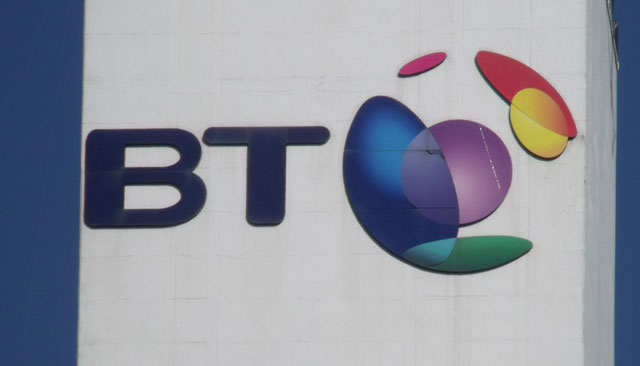
As the UK’s telecommunications regulator Ofcom embarks on its next strategic review of the market, incumbent fixed-line operator BT — Britain’s equivalent of Telkom — has called for it to be allowed to close down its telephone network. Perhaps somewhat counterintuitively, this actually makes sense.
As Ofcom’s studies confirm that landline and mobile telephone call use continues to fall, telecoms companies have faced mounting pressures to find other ways of making money.
BT, like many others, has sought to diversify by offering so-called “quad play” packages, common in the US, which bundle together telephone, broadband, mobile and television services. So it could be said that BT is as much a television company as it is telephone company these days. The world has moved on, and BT with it.
However, BT and KCOM Group (formerly Kingston Communications, serving Hull, a town in the north of England) are alone within the industry as they are designated by the UK’s Communications Act 2003 as “universal service providers”. This means that both companies must provide basic telephone services on request and at the same price to all customers throughout their areas of influence.
In the 12 years since, the world has changed dramatically: in 2003 people were starting to switch their Internet access from dial-up modems to the new, speedier connection called “broadband”. The UK’s first, relatively primitive 3G mobile phone network opened, the Freeview digital television service turned one year old, and BBC iPlayer was still many years in the future.
Today, in 2015, the Internet is everything; the average UK adult now spends more time per day interacting with connected digital technology than sleeping, and the average household has at least three Internet-connected devices.
BT’s argument is that the future is not telephones but digital services over the Internet. BT has an entire network built to handle the telephone calls of the last century (and the century before that) — the so-called “plain old telephone system” (Pots). The rest of its network is a modern telecoms network that’s digital right up to the cable that connects the exchange to the home, which carries both voice and data signals. Today, telephony is just another service that can be delivered over the Internet — why do we need a large and expensive network dedicated to offering telephone services?
The answer is we don’t. Telephone services can be provided in what’s called an “over the top” service running on a data network. The mobile industry has already recognised this and re-designed its networks accordingly. While first-generation, 2G and 3G networks provided both voice and data, today’s fast 4G networks are data only. Voice calls are just another form of network traffic like Web browsing, social media or streaming video.
BT (or more accurately its arms-length Openreach division which provides the infrastructure), argues that it wants to do the same, but its hands are tied by the legally-binding requirements of the “universal service” clause of the Communications Act.

However, we need to be very careful here with our terminology. According to Ofcom, 16% of UK adults now live in a mobile-only household. This means those people rely solely on their mobile phones for making telephone calls and don’t have a landline telephone. Does this mean Openreach has removed their telephone line? No, because that same line is what provides broadband services to our homes — you can have a telephone line without connecting a telephone to it.
BT’s argument is that today the concept of a universal service has become a millstone around its neck that forces it to maintain a large and outdated telephone network at great cost to support telephone exchanges that fewer and fewer people use.
Despite the growing trend that sees people using apps such as Skype, Viber or WhatsApp to communicate through the Internet, the companies responsible have no requirement upon them to build or maintain their own networks — they rely on those provided by telecoms firms. Why should BT be lumbered with offering a basic telephone service to all, when the same thing can be achieved via broadband? Scrapping its network that is solely responsible for providing a telephone service would allow BT to re-invest in the further development of its broadband and Internet provision and so compete more freely with other over-the-top providers.
There is of course an obvious caveat to all of this: the concept of universal service is to ensure that every household has access to basic telephone services. This remains an important and worthy obligation, it’s just that there are now other ways of achieving it. That’s the point that Ofcom really needs to grasp: scrapping the telephone network does not mean scrapping the telephone.![]()
- Nigel Linge is professor, computer networking and telecoms at the University of Salford
- This article was originally published on The Conversation

